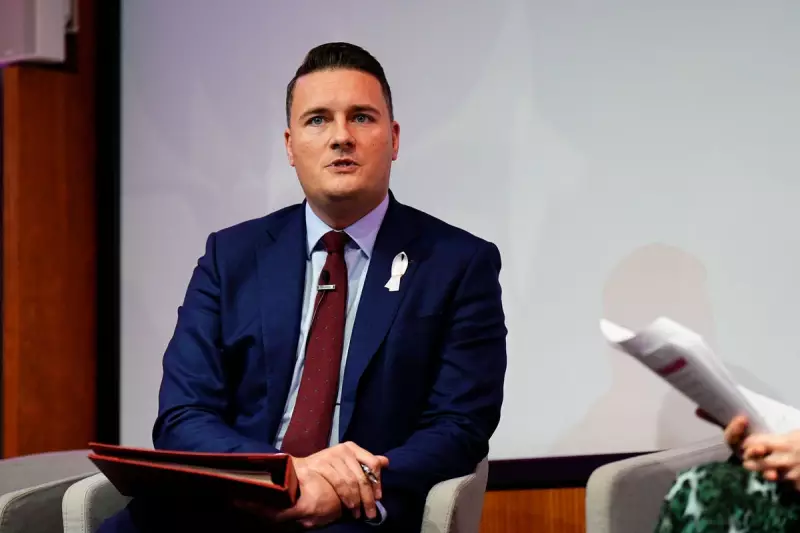
Health Secretary Wes Streeting has made a significant intervention in the national debate on child poverty, delivering a powerful speech that criticised the controversial two-child benefit cap and called for greater action to support disadvantaged children.
A Personal Mission Against Poverty
Speaking at a conference on Tuesday 25 November 2025, Mr Streeting drew directly from his own childhood experiences. He grew up in poverty in London's East End, a background that he stated fuels his determination to "change the odds for everyone" and improve life chances for children from working-class families across the UK.
The Health Secretary did not hold back in his condemnation of the two-child limit on benefits, labelling it a "terrible policy" that actively traps children in poverty. He emphasised the urgent need to win both the moral and pragmatic arguments against the cap, framing its removal as a necessary step for the nation.
Leadership Speculation and Budget Anticipation
The timing of the speech has ignited further speculation about Mr Streeting's political ambitions, with some observers suggesting it could be interpreted as a leadership bid. However, sources close to the Health Secretary have firmly denied these claims, seeking to redirect focus onto the policy issue itself.
His intervention comes at a critical political moment, just ahead of Chancellor Rachel Reeves' forthcoming Budget announcement. There is widespread anticipation within Westminster that Reeves will use the Budget to announce the lifting of the two-child cap, a move that is supported by a large number of Labour MPs and aligns with the calls made by former Prime Minister Gordon Brown.
The Road Ahead for Child Poverty
By framing the issue around both his personal narrative and a clear policy demand, Wes Streeting has placed the eradication of child poverty firmly at the centre of political discourse. His speech underscores a significant shift within the government's approach to social security and marks a pivotal moment in the campaign to end a policy widely seen as punitive.
All eyes will now be on the Treasury to see if the Chancellor heeds this powerful call to action in her Budget, a decision that could impact millions of families across the country.






